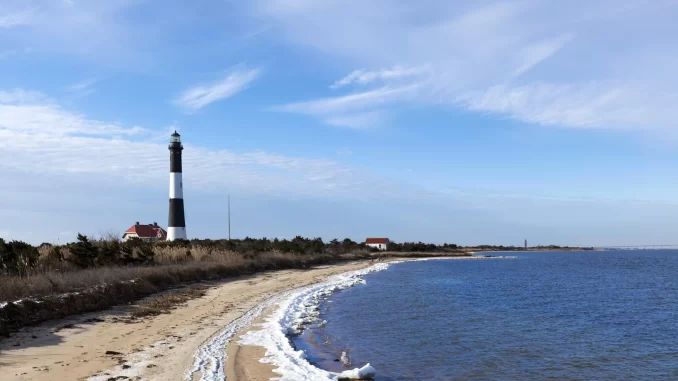
By Hank Russell
A report recently released by Tourism Economics found that, in 2023, visitors spent $7.463 billion on Long Island, an increase of 12.7% compared to the previous year. The amount was not only greater than last year’s figure of $6.619 billion, but also 2019’s figure of $6.31 billion, the year before the pandemic happened.
The report also showed that Long Island was one of four regions in the state with double-digit increases. Long Island was second to New York City (13.9%), but outperformed Greater Niagara (11.2%) and Finger Lakes (10.1%). It even did better than New York State, with a 12.0% increase.
In visitor spending by region, Long Island accounted for 8% of all statewide spending. New York City had the lion’s share with 61%, but Long Island had a greater percentage than Central New York at 6%, Finger Lake (5%), Niagara (4%), Capital-Saratoga and Catskills (3% each), Adirondacks (2%), Thousand Islands and Chautaqua-Allegheny (1% each).
Last year, the economic impact of tourism on Long Island was $7.463 billion in direct sales. Broken down by county, tourists spent $4.279 billion in Suffolk — a 15.6% increase year over year — and $3.184 billion in Nassau, which is 9.1% higher than in 2022.
In reporting visitor spending by sector, 36% was on food and beverage, 20% was on lodging, 16% was on retail, 13% was on transportation, 8% was on recreation and 7% was on second homes.
Further, Long Island collected $899.94 million in tax revenue last year, with Suffolk and Nassau receiving $519.475 million and $380.465 million, respectively.
“Were it not for tourism-generated state and local taxes, the average household in the [Long Island] region would have to pay an additional $932 to maintain the same level of government revenue,” the report concluded.

